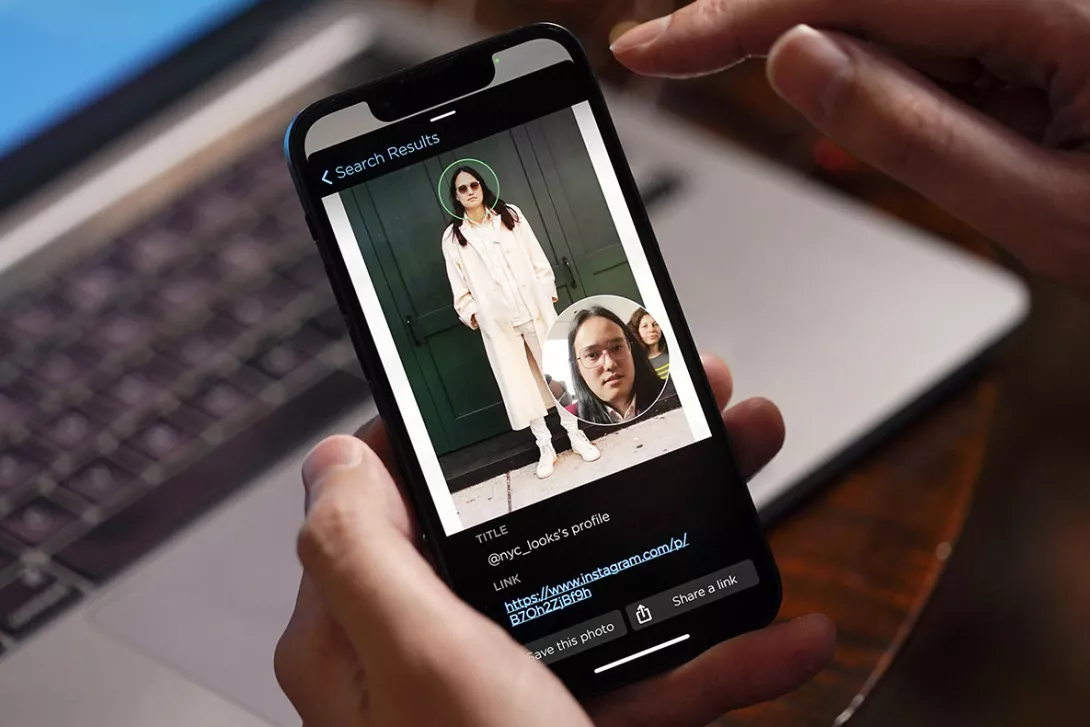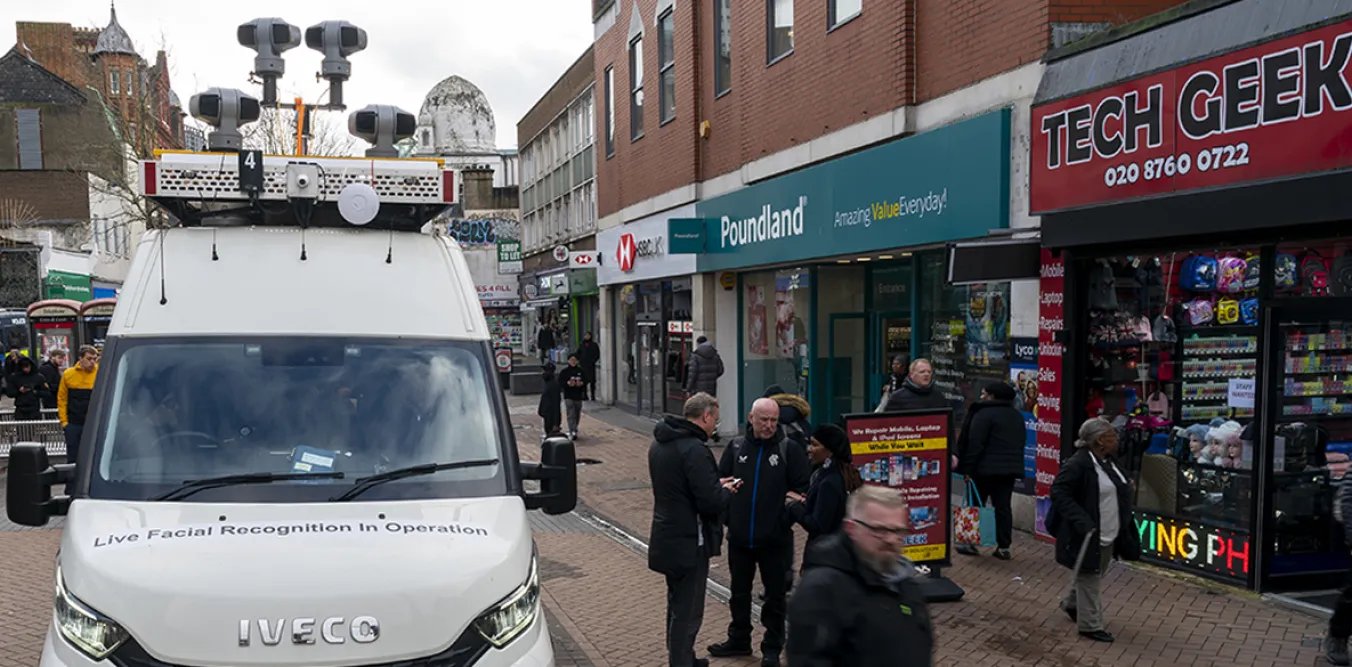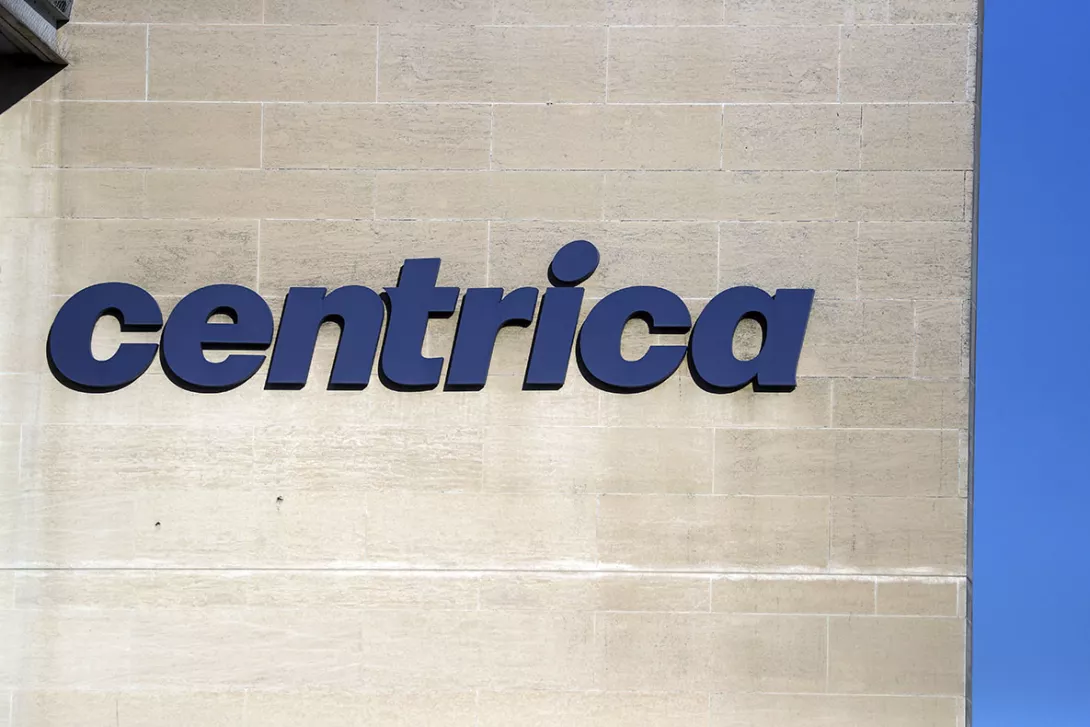Facial recognition company fined for creating ‘illegal database’ of billions of faces

A DUTCH data protection watchdog has issued facial recognition tech Clearview AI with a €30.5 million (£25.7m) fine for creating an “illegal database” of billions of faces.
The New York-based start-up pulls photos from social media and elsewhere on the internet to create a database that it sells to businesses, individuals and government entities.
The Netherlands’ Data Protection Agency (DPA) said that Clearview “has not objected to this decision and is therefore unable to appeal against the fine.”
More from this author
Similar stories

National Education Union say government must engage with teachers to fully understand the good and bad implications of AI for education

JAMES WALSH is appalled by the implications of introducing AI to the workplace














